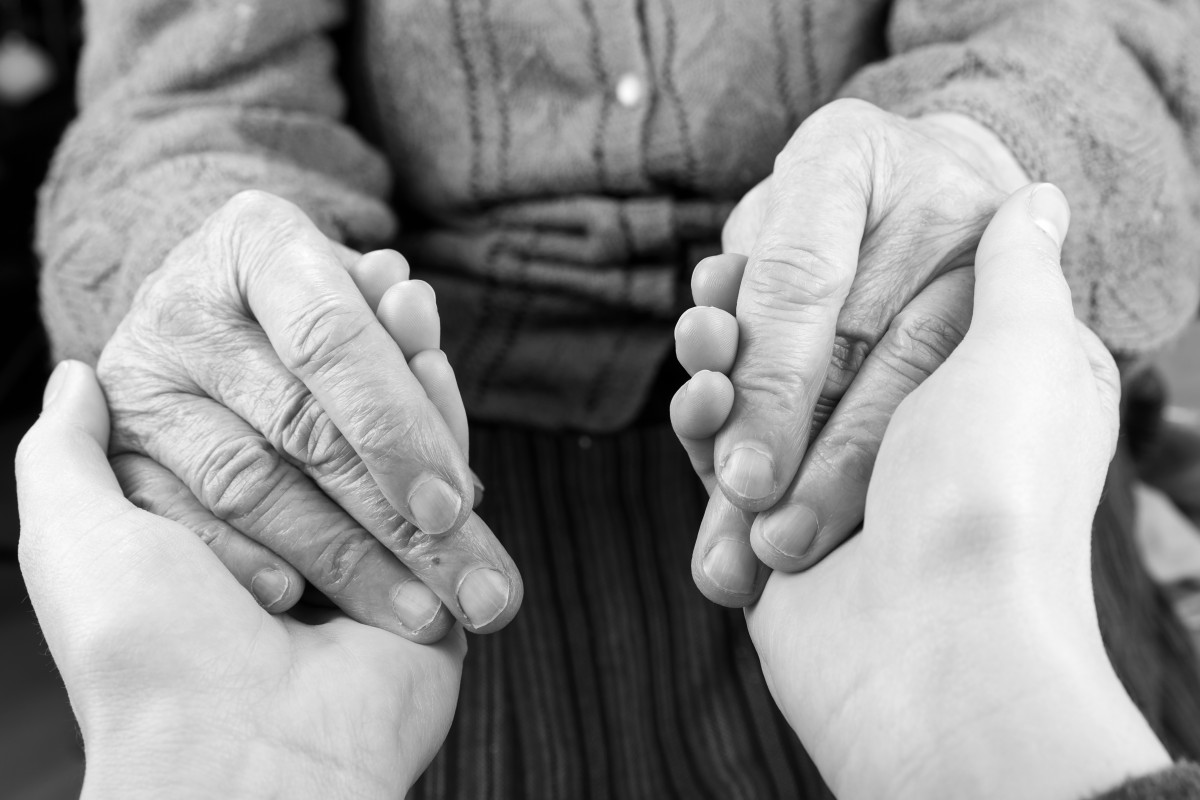Caregiver's Corner: Diagnosed with a Serious Illness: Now What?! Tips on living well with serious illness

Modern medicine has changed our life expectancy from 70 in 1960 to just under 79 in 2019 (now under 78 due to COVID-19) [1]. Compare this to an average of 47 in 1890! With increasing age comes increased opportunity, but it also means we are living longer with chronic conditions that would have meant our end in earlier years. Diseases of the heart, kidneys, lung, pancreas, nervous system, and brain (to name a few) are used to spell death within a short time. Now people can live months to years with one or more of these diseases.
Today’s primary care provider helps people juggle the many different diagnoses and accompanying symptoms and treatments. Sometimes additional support to the patient and loved ones is needed. Enter the Palliative Care provider! Palliative Care (PC) is a specialty type of care that began in 1948 by Dame Cicely Saunders, a British physician, nurse, and social worker. At that time, it was under the guise of hospice care. Just as life expectancy has increased, the expert symptom management once relegated only to hospice is now a specialty of its own. People can receive palliative care for years before they qualify for hospice care (life expectancy < 6 months). In other words, all hospice patients need palliative care, but not all palliative care patients need hospice!
What is palliative care specifically? Palliative Care (pronounced pal-lee-uh-tiv) is a “team sport.” Meaning the PC team partners with you, your loved ones, and your primary care provider to talk about your goals of care, treatment options, and tips to help navigate the complex healthcare systems. The team focuses on managing troubling symptoms of serious illness improving the quality of life for the patient and loved ones alike. It can be provided at any stage of illness and does not require an imminently terminal diagnosis.
The PC Team is interprofessional. There is usually a physician, an advanced practice provider (nurse practitioner or physician assistant), nurse, social worker, and other specialists as needed (dietitian, spiritual care provider, etc.). The diverse team is essential because people are more than their diagnosis. Serious illness can contribute to relationship issues, financial concerns, and the everyday stress of just not feeling well. Most symptoms PC teams see frequently include pain, shortness of breath, constipation, nausea, loss of appetite, fatigue, and difficulty sleeping. Notably, the team will discuss your goals for care. What do your symptoms and disease mean to you? What is most important to you to live life well? The goals of care conversation help a person understand their disease(s) and decide on the best short and long-term treatment options for their situation.
Do you know someone who could benefit from palliative care? How do you get started? Ask your primary care provider about a palliative care consult. You are not asking to change providers; you are just asking for additional help managing troubling symptoms. Do you want to learn more about palliative care? Check out the GetPalliativeCare.org website! [2] They have information on services and provide a link to find palliative care in your area.
Caregiver's Corner is provided as a public service of the Caregiver Resource Network. The Caregiver Resource Network collaborates with West Michigan organizations dedicated to providing for the needs and welfare of family and professional caregivers within the community. It is funded by the Area Agency on Aging of Western Michigan with Older Americans' Act Title IIIE, Family Caregiver Support funds.
Join us virtually via Zoom on Tuesday, April 19 from 1:00 pm-2:00 pm. Carol Robinson, DNP, RN, CHPN will be the speaker for this informative class that will help you or a loved one navigate the waters of serious illness in order to live your best life. Registration is required, please email registration@aaawm.org or call: 616-222-7032.
For more information on Family Caregiver University classes provided by the Caregiver Resource Network, please call (888) 456-5664 or visit www.caregiverresource.net
[1] Murphy, S. L., Kochanek, K. D., Xu, J. Q., & Arias, E. (2021, December). Mortality in the United States. In Centers for disease control and prevention. Retrieved March 16, 2022, from https://www.cdc.gov/nchs/products/databriefs/db427.htm
[2] Handout for patients and families (2022). In Get palliative care. Retrieved March 16, 2022, from https://getpalliativecare.org/handouts-for-patients-and-families/
Tagged:

